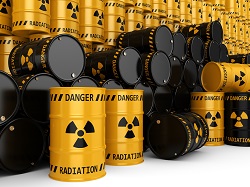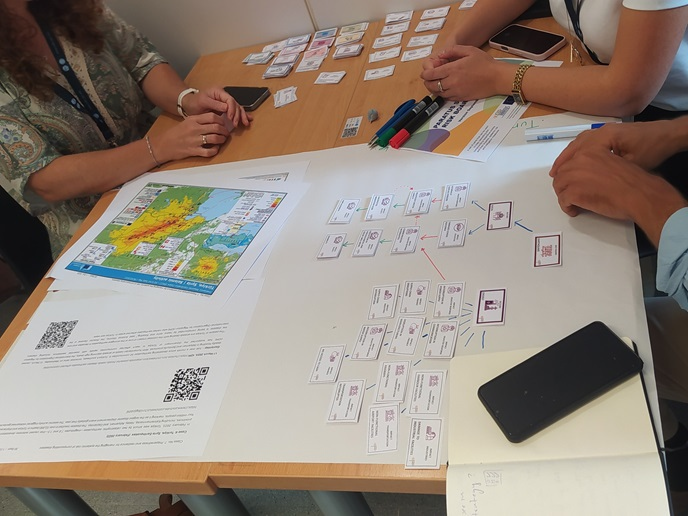Expert advice on nuclear waste
Nuclear waste disposal is complex, requiring high-level expertise. The safe management of spent fuel and radioactive waste comes under the framework outlined by the European Council Directive 2011/70/EURATOM. This Directive states that it is broadly accepted at the technical level that, at this time, deep geological disposal represents the safest and most sustainable option. Independent expertise The EU-funded SITEX-II(opens in new window) project was launched to further develop Europe’s existing independent Expertise Function network, which is a group of organisational and non-organisational experts. The project focused on extending the network’s expertise regarding safe geological disposal of nuclear waste. The Coordination and Support Action project implemented the activities and interaction modes previously developed by the former SITEX project (2012-2013). The new project ensured sustainable European capacity for coordinating joint activities related to the Expertise Function network. Sub-goals for the team included defining an R&D programme (incorporating a Strategic Research Agenda) able to review a safety case for geological disposal. Secondly, the team developed position papers and a technical guide about implementation of safety requirements. SITEX-II also worked to demonstrate training services to be provided by the network, develop interactions with civil society and synthesise results in the form of an Action Plan. “We made significant progress to align European Expertise players for geological disposal of radioactive waste,” says project leader Delphine Pellegrini. The project’s results covered several broad themes. The consortium produced its planned Strategic Research Agenda. The JOPRAD project used the SITEX-II agenda, focused on the Expertise Function, to consider the feasibility of specific joint research projects about radioactive waste management. Training and safety culture The team additionally developed a pilot training programme. Stakeholders – including regulatory authorities, technical support organisations and research agencies – provided valuable feedback on the programme. Partners further highlighted the need for and value of training focused on developing expertise. SITEX-II researchers also detailed a proposed common European safety culture, and the procedures by which institutional and civil society stakeholders can help define such a culture. The suggested culture includes developing mutual understanding of safety issues and the effective governance of radioactive waste. Furthermore, the team devised innovative ways of sharing the issues. Their work fleshed out a concept for knowledge interaction with civil society, to be used by future EU research projects and for upcoming joint programming. The consortium created a network of stakeholders, which deals with the regulatory review process of geological disposal. “We further developed our project’s collaboration in January 2018, with the establishment of an association called SITEX Network,” added Pellegrini. The association will give its 14 founding partners the necessary continuity to further develop high-level expertise in the field of radioactive waste management independent of industrial operators. The network provides support to safety authorities and involves civil society organisations. As a result of SITEX and SITEX-II, Europe has developed its expertise in the field of radioactive waste management. The team has also ensured continuation of the Expertise Function collaboration, meaning ongoing development of expertise. Thus, the disposal of nuclear waste will be governed by transparent standards based on expert understanding.







